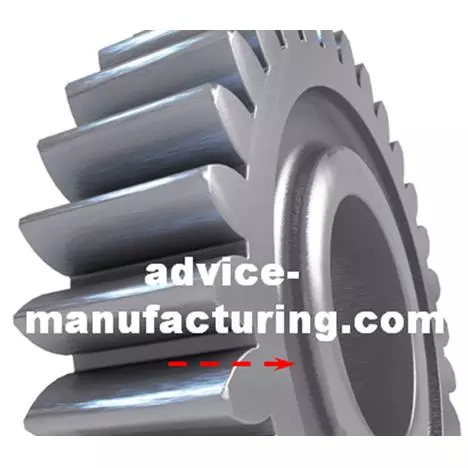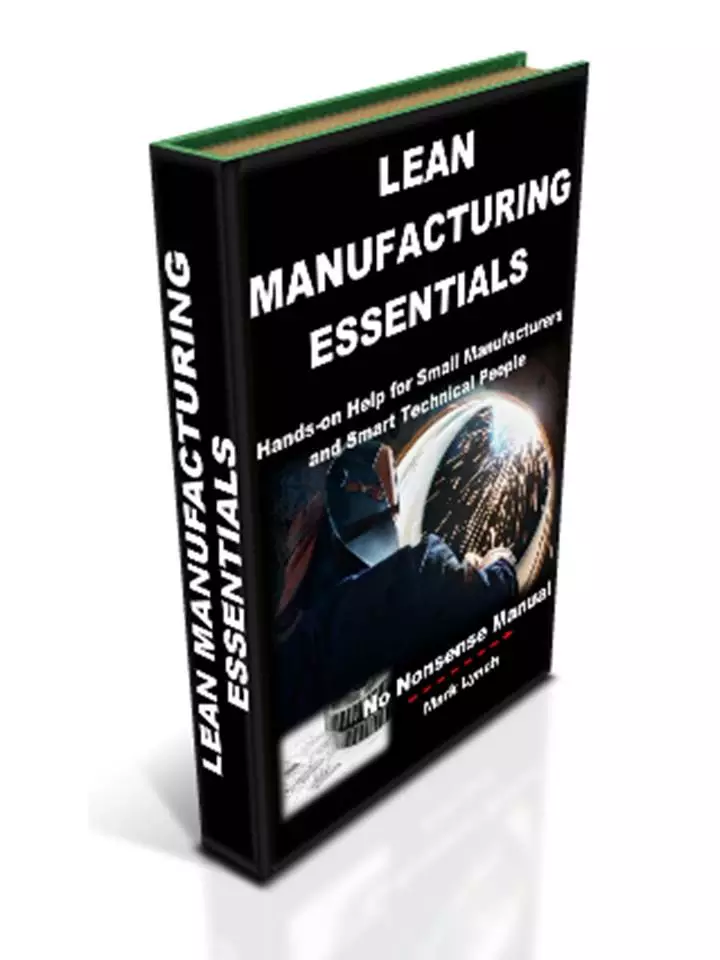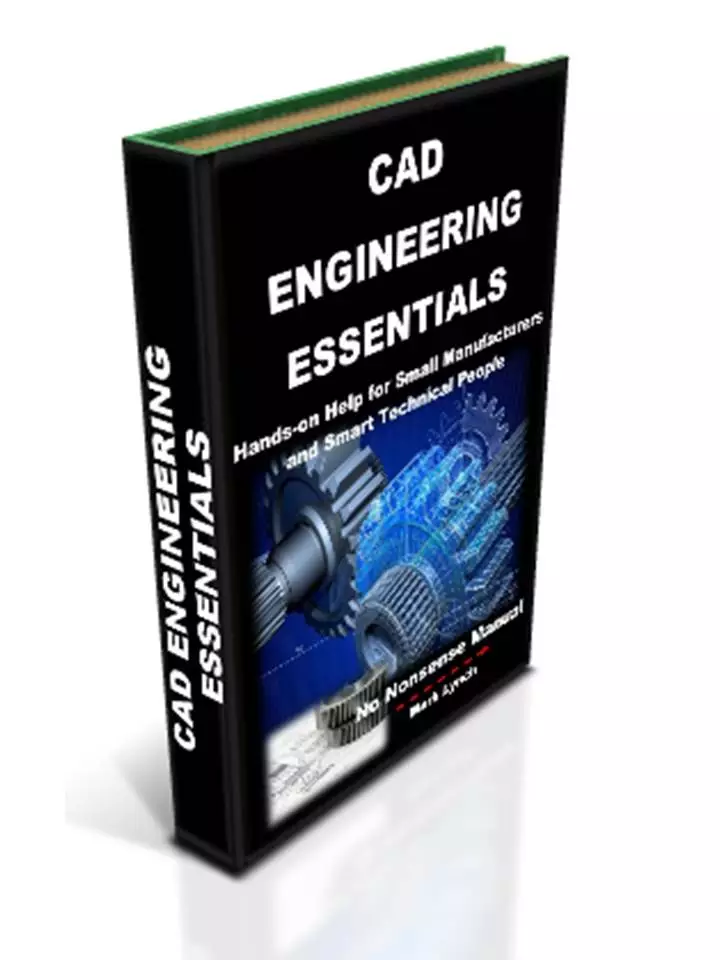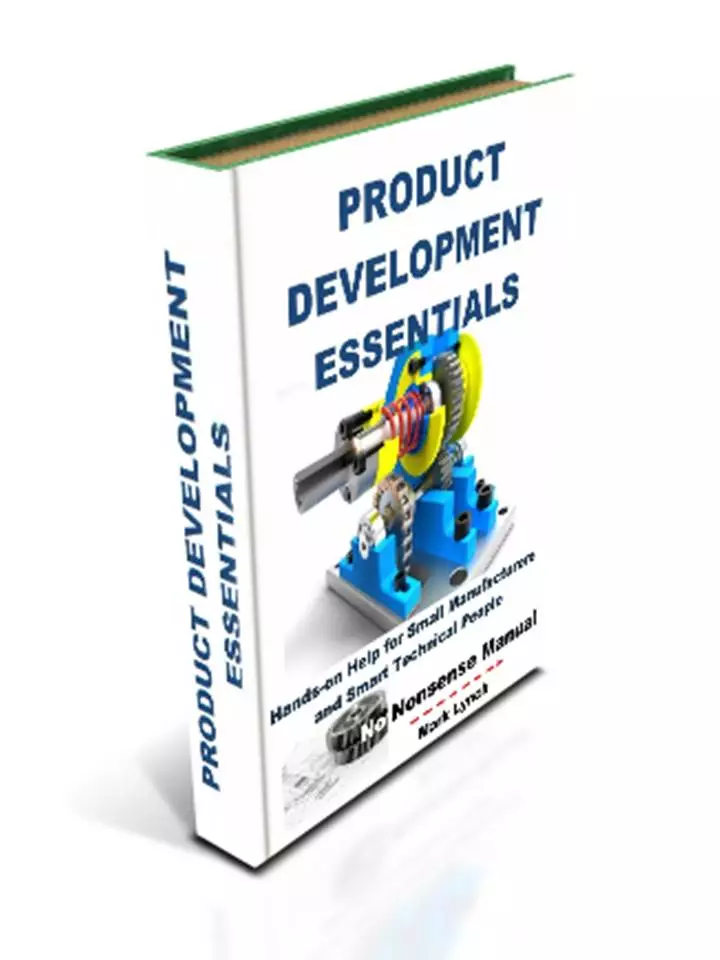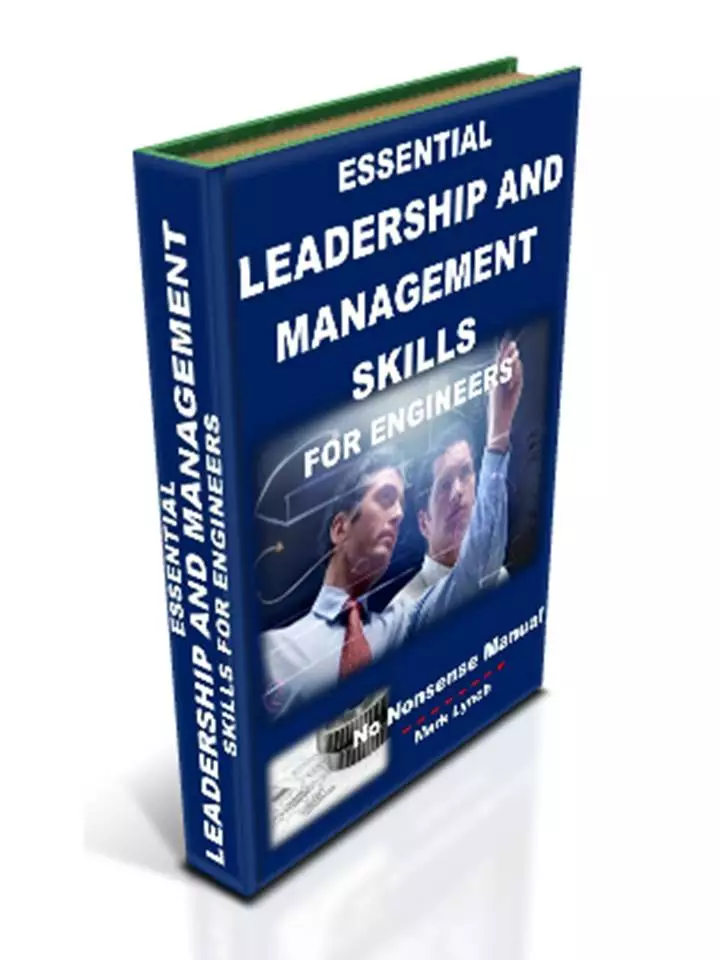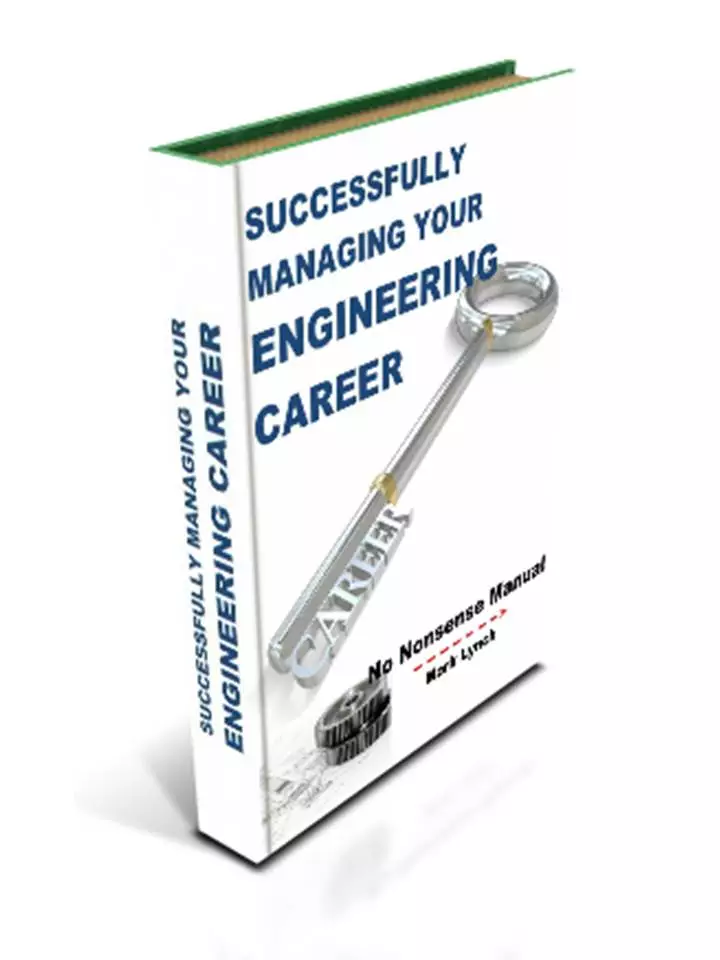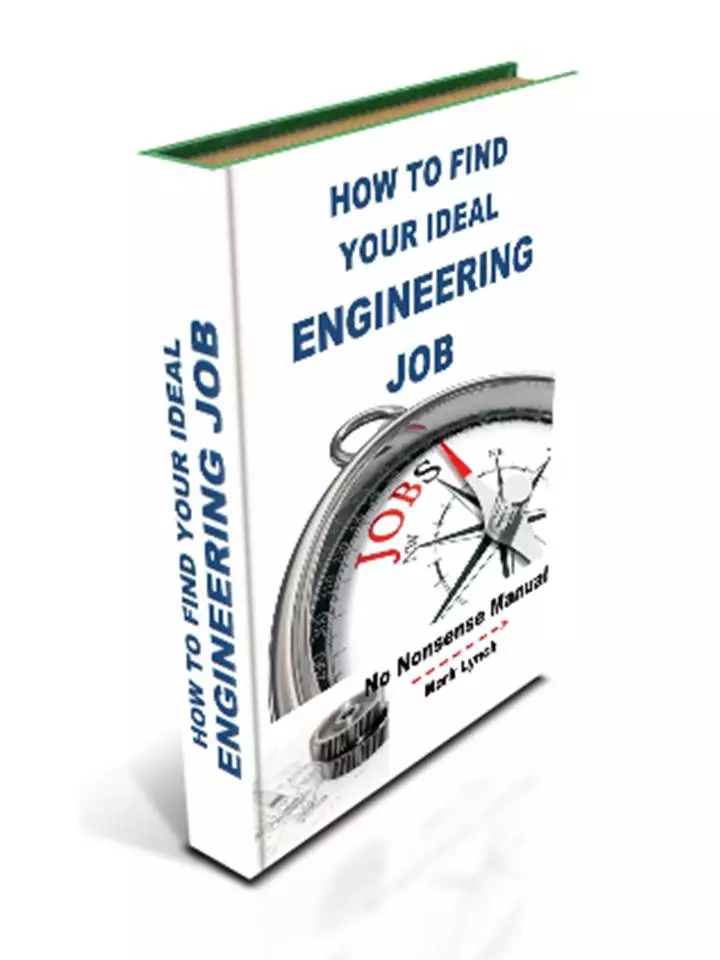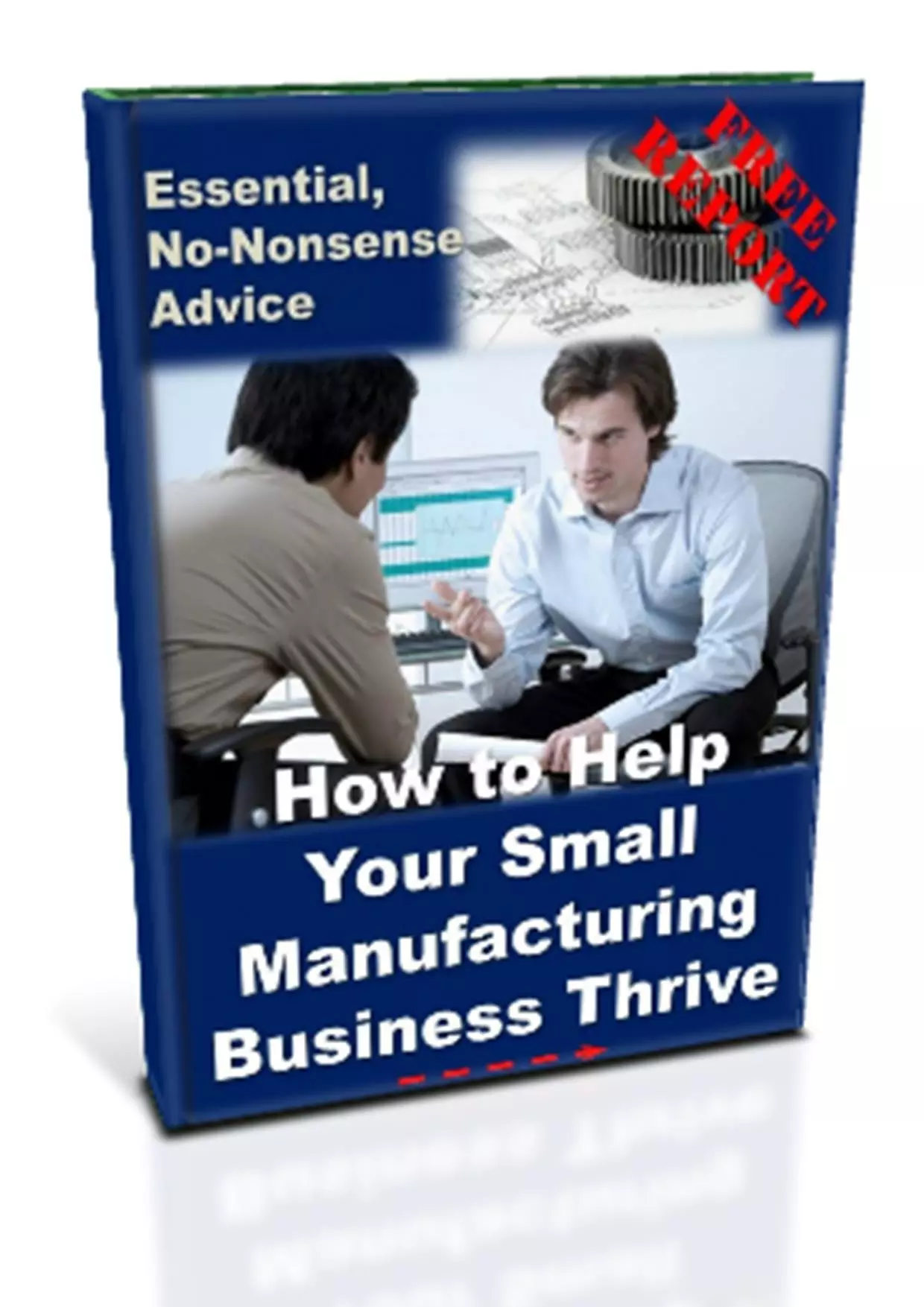'Hands-on Help for SMEs' and Smart Technical People'
Engineering CV Structure:
Which Resume Sections to Include and Why?
Engineering CV Structure
A number of suggested CV structures exist. The important thing to consider is the purpose of the CV (listed at the start of this section) and therefore a structure that enables you to achieve this in a clear manner. Having said that, there are some essentials you should aim to include.
Note: The term CV is regularly used here. It is also commonly alternatively known as the Resume. For our purposes the document described here is exactly the same.
Personal Details
Personal details that identify you, such as name, address and land and mobile phone numbers. Email address is definitely recommended together with other info such as driving licence. Some include nationality in this section.
Personal Statement
This is examined in a bit more detail later in this section. This paragraph should tell the potential employer something unique about you. It should demonstrate how you are a good match for the position. This section should include information to show you can add real value to the organisation, as well as demonstrating your mind-set compliments their values. Use this opportunity to display you are a good ‘fit’. Avoid CV clichés and instead go the extra mile and tailor the statement to the position you are applying for.
Employment History
List the organisations you’ve worked for in chronological order. Start with the most recent company first. Describe your key achievements and responsibilities using positive phrases. Some people include the position they held for each job. Others include the industry sector, if companies are not well known.
This is your opportunity to demonstrate the value you added to your previous employers. It’s your chance to highlight how your talents have improved businesses in the past. Provide hard evidence, quantified with figures when possible. If you are at the early stages of your career, do include voluntary work, internships or work experience relevant to the post.
Don’t leave gaps in your employment history. For some recruiters this can set alarm bells ringing. Instead be honest, emphasise positive things you did during any time out that add to your employability. For example, short courses, training, helping others in their businesses, charity work etc.
Education / Training and Qualification
Include relevant and significant qualifications, again in chronological order starting with the most recent. You can provide more detail about degree and postgraduate qualifications if you have them. Unless new to the job market, it’s not really advisable to list out school qualifications. Instead a catch all summary phrase about the number of GCSE Grade A*-C is more than enough. Poor grades should be left out. Those with a more vocational history should include specifies about their training. List details about the training award, level attained, skills learned, together with the company.
Skills
List specific skills you possess which are relevant to the role. Scour the advert to see what exactly the recruiter wants. Note the phrases used. Next, ensure your listed skills are applicable and well matched. Be truthful about your level of competence for any given skill. Is your knowledge level basic, intermediate or advanced? This is the section where relevant niche technical skills should be stated. What technical software common in the industry are you familiar with? Do you speak any languages? Include industry training, certification or accreditation. Use this section to demonstrate your industry knowledge. A prospective employer will then be able to see how you are able to improve their business through contacts, knowledge and skills.
Interests
Including details about your interests outside of work demonstrates you are a rounded individual. Research the company to identify if they have sports or social events. There may be a possibility you have interests in the same field. If so, this is definitely worth stating. Other attributes can be demonstrated through team social activities like leadership, financial management, motivation and of course team work. Show the breadth of your interests. Something really off the beaten track is always a good talking point at interview.
References
These are often regarding as optional. Phrases such as ‘References available on request’ enable you to save space for more compelling information elsewhere in the CV. If you do include references make sure they are aware by requesting their permission first. Choose credible people who know you well enough to talk positively about you in a relevant work context.
Next...CV Technical Content: Great Ideas to Stand Out
Back to Engineering Jobs
If there is such a shortage of engineers, why aren’t engineering salaries shooting through the roof? What do you think?
We constantly hear about the skills shortage in engineering and high-end manufacturing? Well according to the laws of supply and demand, a shortage of anything should increase its value. So why aren’t engineering salaries sky rocketing as a result? Or are they? What do you think?
